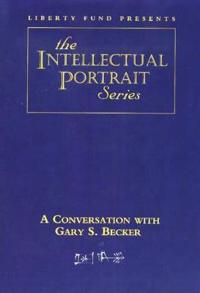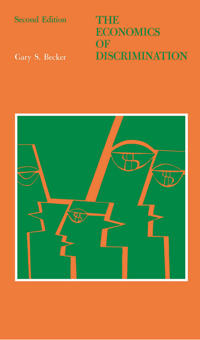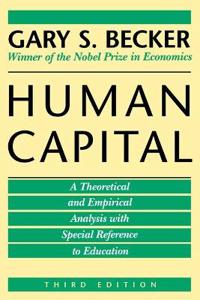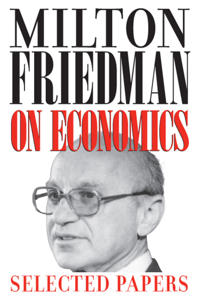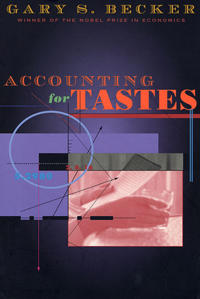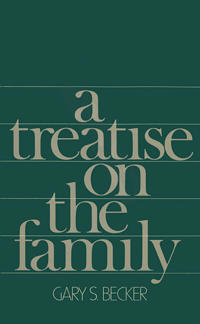Conversation with Gary S. Becker (Inbunden)
avGary Becker
ISBN: 9780865975910 - UTGIVEN: 2005-08Gary Becker was named the 1992 Nobel laureate in Economics for 'having extended the domain microeconomic analysis to a wide range of human behaviour and interaction, including non-market behaviour'. He is the University Professor of Economics and Sociology at the University of Chicago and the Rose-M[...]
The Economics of Discrimination (Häftad)
avGary S. Becker
ISBN: 9780226041162 - UTGIVEN: 197108Examines the general effects of economic discrimination by employers, employees, consumers, and government[...]
Human Capital (Häftad)
avGary S. Becker
ISBN: 9780226041209 - UTGIVEN: 199401"Human Capital" is Becker's study of how investment in an individual's education and training is similar to business investments in equipment. Becker looks at the effects of investment in education on earnings and employment, and shows how his theory measures the incentive for such investment, as we[...]
Milton Friedman on Economics (Pocket)
avMilton Friedman, Gary S. Becker, Milton Friedman
ISBN: 9780226263496 - UTGIVEN: 200802Upon his death in the autumn of 2006, Milton Friedman was lauded as "the grandmaster of free-market economic theory in the postwar era" by the "New York Times" and "the most influential economist of the second half of the twentieth century" by the "Economist". Winner of the Nobel Prize in Economics [...]
Accounting for Tastes (Pocket)
avGary S. Becker
ISBN: 9780674543577 - UTGIVEN: 1998-03Economists generally accept as a given the old adage that there is no accounting for tastes. The author of this text disagrees, and confronts the problem of preferences and values: how they are formed and how they affect our behaviour. He argues that past experiences and social influences form two b[...]
A Treatise on the Family (Häftad)
avGary S. Becker
ISBN: 9780674906990 - UTGIVEN: 199310Imagine each family as a kind of little factory--a multiperson unit producing meals, health, skills, children, and self-esteem from market goods and the time, skills, and knowledge of its members. This is only one of the remarkable concepts explored by Gary Becker in his landmark work on the family.[...]

